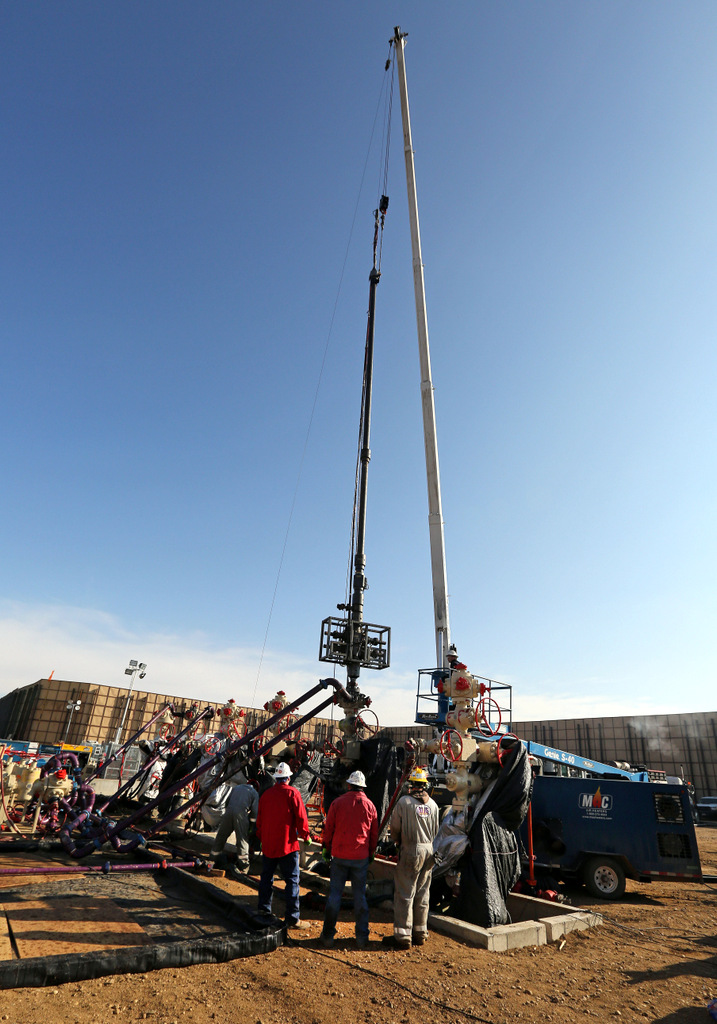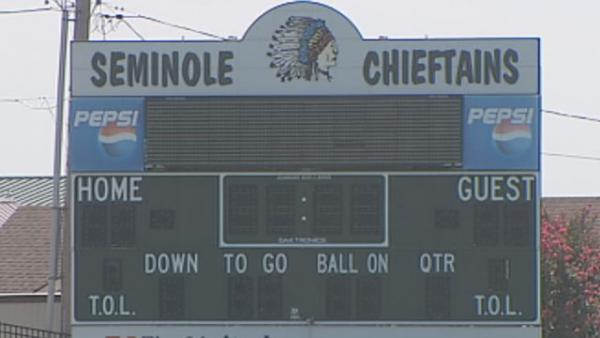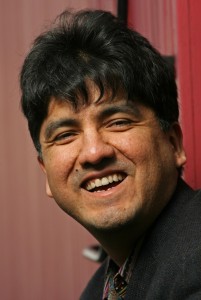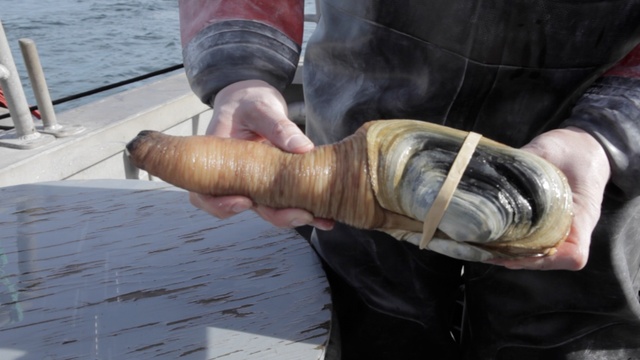MARYSVILLE – Despite evidence to the contrary every July 4, more residents favor a ban on fireworks than support continuing them.
That is according to an unscientific survey taken the past week by The Marysville Globe. After the City Council discussed options, including a ban, July 28, the Globe asked readers for their opinions.
By a wide margin, respondents favored a ban, but the few in opposition were just as passionate.
No ban needed
“I am very much against the fireworks ban,” said Ralph Woodall, who even had his front yard burned up by a safe and sane firework this year. “We enjoy them every year.”
Amy Burt added: “One of the events that the kids in our neighborhood look forward to every year is July 4th. It’s one day a year. I think it’s good for the community as it brings everyone together to share in the fun. We always clean up afterwards, too.”
Maribeth Woodall said it’s only once a year, and many organizations benefit from the sales of fireworks. “Let’s not ban all just because of a few,” she says. “It’s a special time, and we and many friends love the beauty and even the noise. I would hate to see it end.”
Pam Salas says: “The 4th of July is an American celebration of freedom, and one of the few times a year we get to feel like we have freedom. The 4th of July fireworks in Marysville bring families and neighbors together in celebration. My family, for example, had not celebrated a holiday together in 10 years. What the ability to have our own fireworks display did was bring my family from around the country together. They enjoyed it so much that we all want to make it a yearly event.”
Lance Van Winkle got upset with some council members not wanting to get public input on the issue. He said he sometimes gets irritated by it all.
“Then I realize it’s once a year. It’s a celebration of our country’s freedom, and it maybe means more than it seems on the surface,” he says in an email. “Your ban rant seems ridiculous” considering all of the fireworks sold in the area.
Van Winkle said the council should focus on more important things.
“Why not focus your limited resources on things like panhandlers, drug dealers, thieves, vagrants and the like that we citizens put up with every day, not just once a year. Let people ‘blow off’ a little steam,” he says.
Most favor ban
But a wide majority of the almost 30 respondents agreed with Shelly Baker.
“Every year on the Fourth of July it is literally like a war zone around here. And these are not the safe and sane ones – we know they were all at Boom City buying theirs. The mess left behind that nobody seems to think is important to clean up (and this is a nice neighborhood), the trauma to pets, and not being able to go to sleep until sometimes well after midnight is a problem for many.”
Baker said a ban would be hard to enforce. “At the very least it would likely curb some of it, but I am skeptical that it will ever go away,” she wrote in an email to The Globe.
Donna Trevino had similar sentiments.
“It’s like a war zone all around my house with people at almost every home, out in front of their house shooting off fireworks, with no knowledge of what they are doing. Some are shooting off sideways, barely missing people and children. If you have a fireworks display from one place in Marysville, where people could go and watch, that would be fine. But this FREE-FOR-ALL has got to STOP.”
Other respondents had many reasons for wanting a ban.
“I get asthma from the smoke. My dog has to take medicine. In my neighborhood the fireworks start on June 23 and go to about July 6,” Joanne Thorleifson says.
Royann Almond’s email says: “All fireworks should be banned for the safety of our city! Since the houses being burned down cannot be traced back to origin, outlawing all, could solve noise, air pollution, bodily harm, frightened animals and property!”
Morgan Magaoay says: “These are no longer just firecrackers, they are bombs. There is no regard to property and safety for people and the suffering of animals.”
Goes on too long
Other respondents focused on singular issues. Many say they can handle fireworks on the Fourth, but not weeks before and after.
Jeri Williams said fireworks are shot off illegally long before and after the 4th. “They shoot them off day and night,” Williams says, adding she also supports a ban to ease the enforcement load on the fire and police departments.
Wendy Clark said she doesn’t like fireworks going off June 15 to July 15, nor from Dec. 1 to Jan. 15.
“We are forced to sedate our dog on many of these evenings as she becomes so stressed and emotionally frantic that nothing short of knocking her out gives her any relief,” Clark’s email says.
She says this year’s Fourth far exceeded the prior three years’ noise, “booms” and acrid smell. The magnitude in amount, duration, scope and intensity was “injurious, unfriendly, inconsiderate and very unfortunate.”
She added, “Boom City was not responsible for ALL of this objectionable hullabaloo.”
“Our Independence Day and New Year’s Eve holiday celebrations should include more than terror and fear. Maybe we need to encourage more focus on the TRUE meanings behind these celebrations: our independence, the service of the men and women in the military, the dedication of our veterans, and the many freedoms and liberties we enjoy by living in the United States of America,” she says.
Others said the true meaning of the holiday is being lost.
Kathy Franzwa says, “Most of them are not celebrating our freedom–-they’re looking for an excuse to make obnoxious noise with callous disregard for our veterans and animals. There were many times this summer when the cannon-like explosions seemed to be in my back yard.”
Phyllis and Bob Mennenga say: “Some people just don’t know when to quit. Go to a fireworks show if you like them so much.”
Others said illegals fireworks on the Tulalip Reservation should be banned. However the city does not have jurisdiction over the reservation.
Ed Mohs says: “Ban the illegal, Tulalip Tribe Boom City-type fireworks. People in general are disrespectful and light fireworks at all hours of the night prior to and after the Fourth.”
Sheri and Pat Boober say: “I believe that Marysville should ban the Tulalip Indian fireworks stands being able to sell unsafe fireworks,” their email says. “There simply is no reason for people to have to have their houses shake for practically the whole month of July.”
John Muller says Marysville should ban fireworks like other cities have. “Just think about the peace of mind and the funds that could be saved to use on other projects within the city,” he says in an email. He added that the cost to the city each year is great, with fire department calls, injuries, aid cars and property damage. “The local indian tribe would not welcome any ban, but so be it,” Muller says. “They may do as they wish on tribal land, even open a fireworks park.”
Going to extremes
Some respondents go to the extreme to avoid problems.
David Bartos says: “We are forced to leave town over the 4th, not only because we do not like the excessive fireworks but one of our two dogs is absolutely terrified the entire time.”
Bartos said the lasting effects of the 4th are ridiculous.
“We heard some booms close to our house as recently as Aug. 1, four weeks after the 4th!” he says in his email. “Also in several areas within a five-block radius of our house, the mess in the street is terrible; it is still there, and no one cleans it up.”
Kay Anthony said: “I live in fear every year that my house will catch fire. I pray for rain every year, and most years it is very dry. I should not have to worry about my house burning down and tranquilize my pet for irresponsible people to get an expensive few minutes of thrill.”
Anthony added that since there are organized fireworks shows nearby, the city should not waste its money on a local display. “Funds can be better spent,” she says in an email.
Still others take it even further.
“It has made us think about moving,” Linda Hughes Freeth says. “It was so bad we spent the night in a hotel as it was too stressful to be at home.”
It wasn’t any better when she returned.
“On the 5th, we had to deal with all the debris on our lawn and cars. Even today, as I walk our dog in the neighborhood, I am still seeing remnants of the fireworks strewn on the sidewalks, lawns and street.”
She recommended that the city work with the Tulalip Tribes to have a show on the reservation.
Other respondents said they would be open to a show or having certain areas where people could shoot off personal fireworks.
Fred Schiefelbein wouldn’t mind a few designated spots where people could shoot them off with supervision. “I have seen my share of fireworks with three tours in Vietnam, and when people start shooting off a week before and a week after the fourth it gets a little old.”
Barbara Turpin says she stays at home on the Fourth to protect her house from fireworks. She says illegal fireworks should be banned. “I think the council is afraid to ruffle feathers; law should be law, illegal is illegal,” she says. For the future, “Maybe not doing fireworks at the (Strawberry) festival and making a combined celebration with fireworks on the 4th,” she says in an email.
Along with shooting them off too many days, the other big issue was people not cleaning up after themselves.
Don’t clean up
Dan Hennessey says: “Every year the block next to mine has a huge neighborhood ‘display’ that lasts for a few hours on the night of the 4th. The ‘carnage’ of fireworks litter is absolutely incredible the following morning. One elderly couple’s home had their yard so covered in this litter the green grass was barely showing through as they were out raking and bagging all the leftovers their considerate neighbors donated. I asked them if this was recurring, and the answer was six years ongoing.”
Bonnie Stevens says: “Each 4th of July our trees and home are covered with dangerous fireworks! This year we found a balloon-type object hanging in one of our trees (it comes with a candle attached).”
Herman Moya says: “We do not mind the safe and sane fireworks but not the quarter stick of dynamite ones. They just shake the house. The next morning I have to clean up the spent fireworks from my driveway, front yard and back yard. I have to use a roof rake to remove them from my roof. I am 75 and too old to get on my roof. I have to remove them from my rain gutters. The local kids started two weeks before the 4th: Bang, bang, bang for hours. I called the Marysville police, and they immediately came and talked with the kids. They stopped but were at it again in a few days.”
Carol Whitney said the Marysville Police Department would not enforce a ban if one was passed.
“What we need to do is hold the MPD accountable to enforce the ban/limited use law already on the books. If they took that law seriously then the fireworks would not be the huge problem that they are right now.”
Mary Anne Jones did a great job of summarizing the issue: “I am certainly all for showing our love of country, but here in Marysville, I think, some have gone beyond that. Even tonight, I hear the bang of fireworks. They have been blasted around in our area since June 6 every evening until about midnight, keeping my nerves on end and my dog shivering under the bed until wee hours of the morning. My husband often has to drive to a quiet park away from Marysville so that the little dog will go potty.
“I wonder, though, in this day and age, could we really enforce a ban? So many don’t care about what is legal. It is about what they want. I guess I would like to see the ban on private fireworks and police action to back it up properly. I think a community firework display on the 4th of July could be a good answer.”















